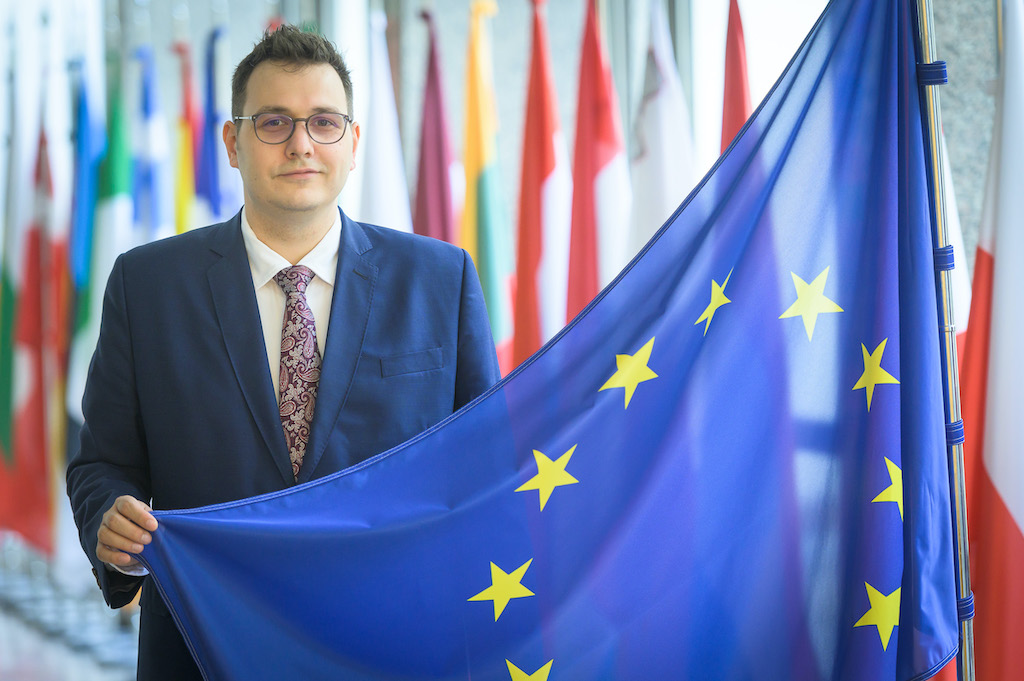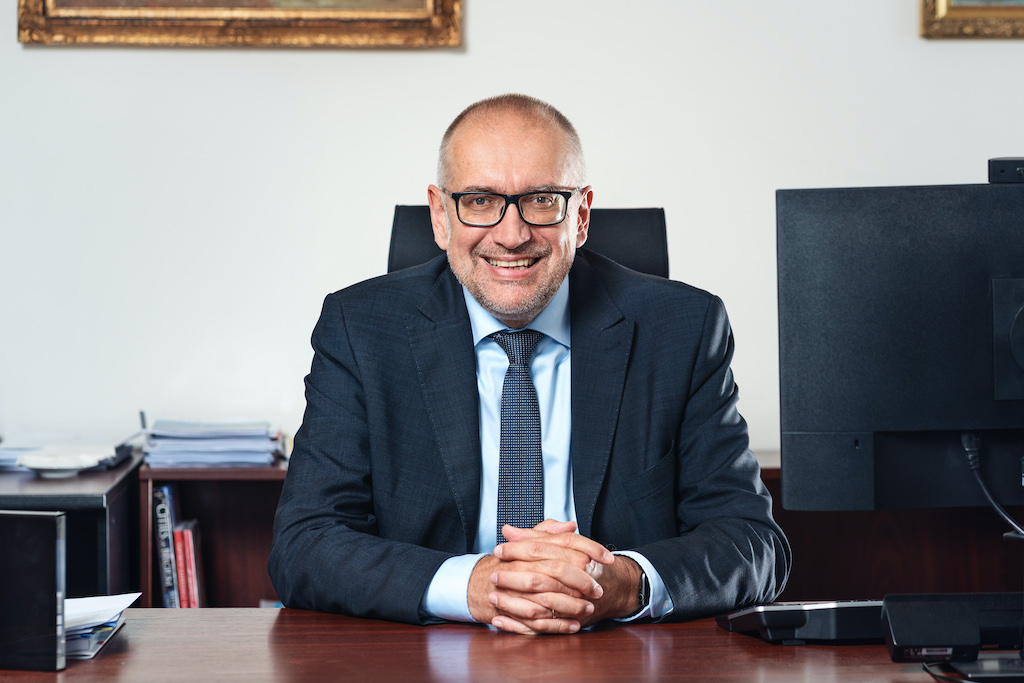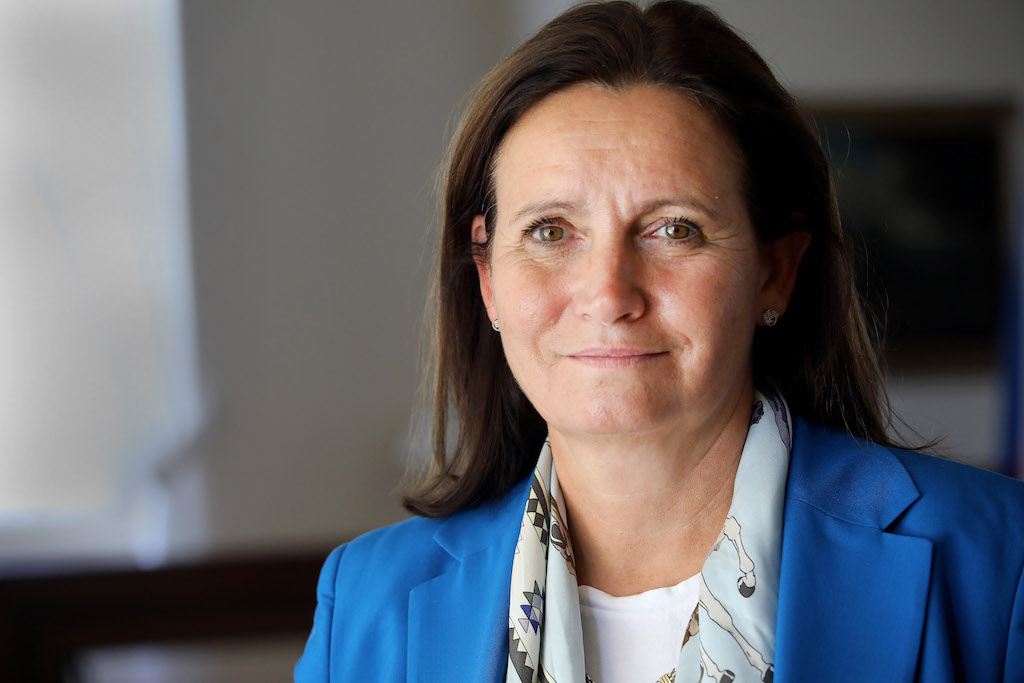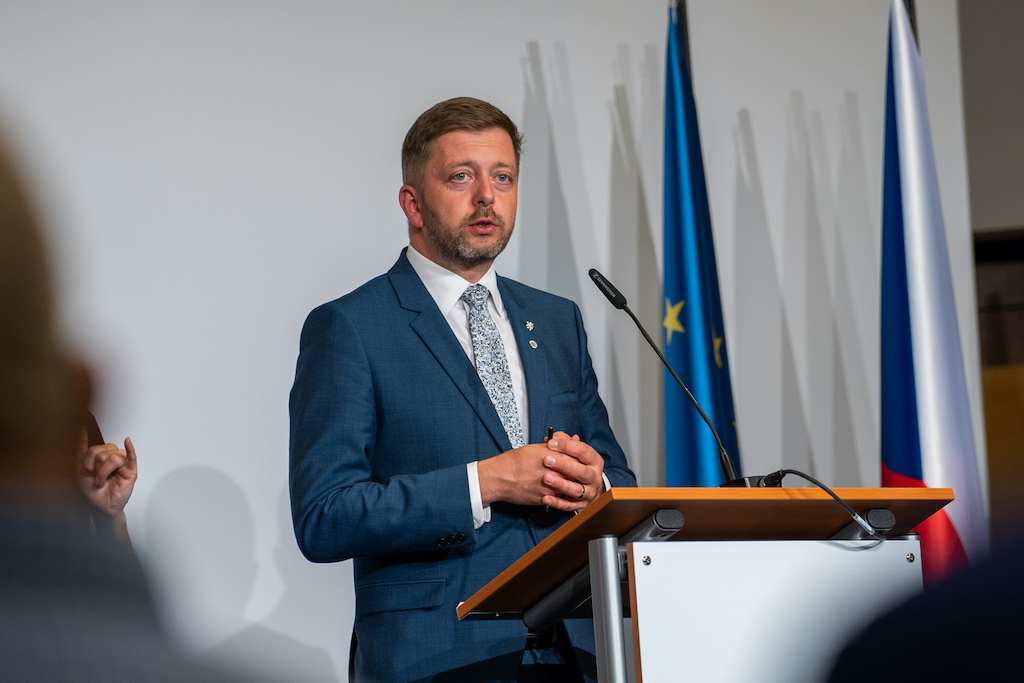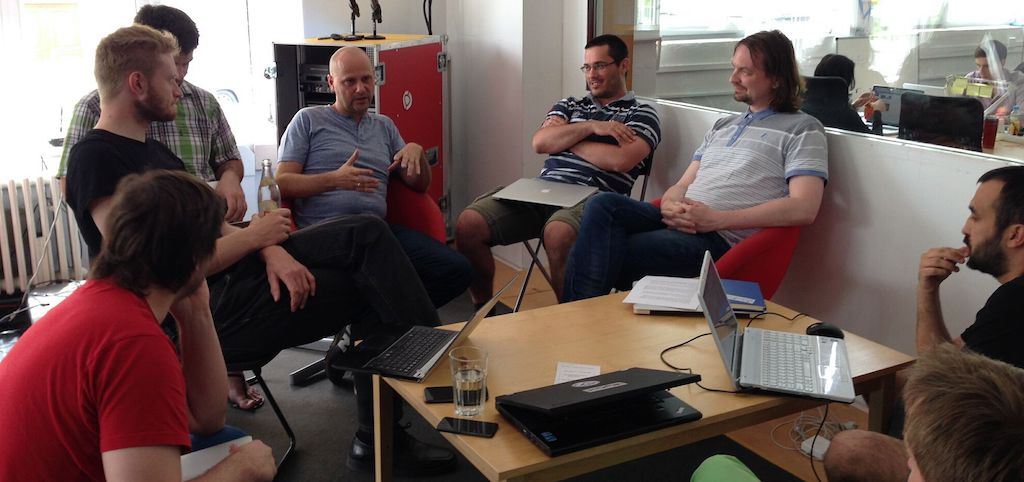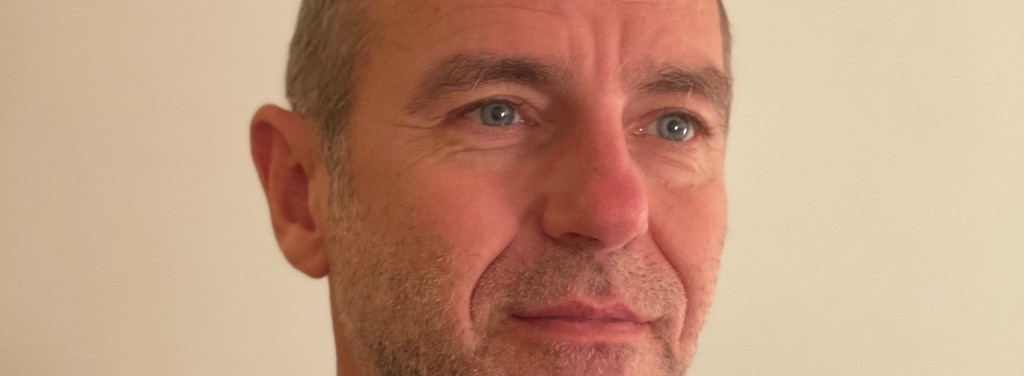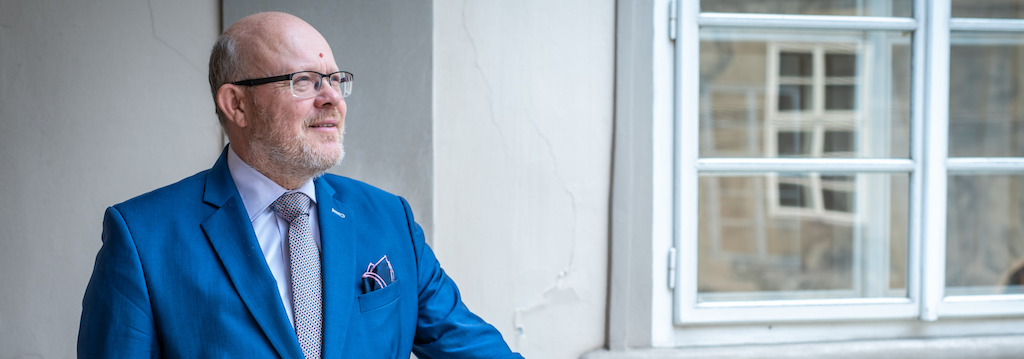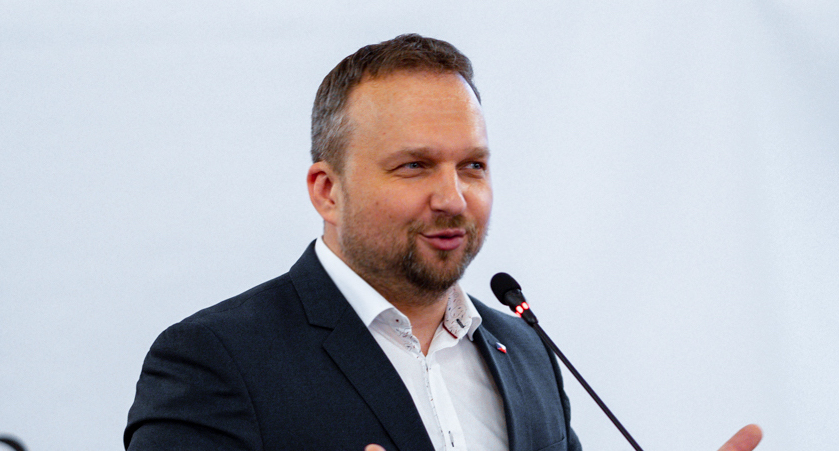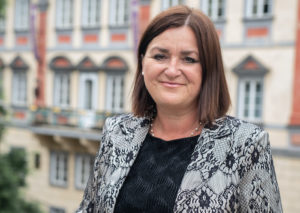
Helena Langšádlová , Minister for Science, Research and Innovation
RESEARCH HAS A KEY ROLE TO PLAY IN RAPIDLY STRENGTHENING EUROPE’S STRATEGIC AUTONOMY
The Czech Republic enters the Presidency of the Council of the EU in times of serious multiple crises. The current threats to the European economy, society, and democracy, caused by Putin’s war, bring about new demands in science, research, and innovation policy that go far beyond the need to increase funding for defence and security research.
The current crisis exposes the accumulated strategic dependence of European countries on inputs and technologies from other, often risky, parts of the world. We are discovering that we lack not only raw materials, but in some cases also the knowledge and innovation infrastructure. This shortfall, caused by excessive optimism in irreversible globalization that was to provide an impetus for democracy across the globe, will not be easy to make up. Research has a key role to play in this, as it can help to rapidly strengthen Europe’s strategic autonomy, including critical areas such as chip development and production.
Another lesson I would like to stress is the strategic nature of research itself. There could hardly be a stronger reminder that research and innovation have their essential security implications. We need to monitor much more closely the financial and institutional links of European researchers and research organisations to non-democratic countries. I certainly do not wish to suggest that every collaboration with Chinese research entities is problematic, but the risks are there, and we should strive to minimize them.
The third reinforced lesson I derive from the current situation is the importance of cooperation in science and research within the EU. The current challenges are so complex that, in order to tackle them, they require effective cooperation of the best people and institutions in Europe, and, equally importantly coordinated use of capacities, including financial ones. There is no shortage of money going into science and research in Europe, but we need to make better use of the potential synergies between different financial resources and to prioritise more consciously. The EU’s ability to set priorities for investment in research and innovation can be a model for nation states, where the ability to enforce research priorities is often limited.
Synergies in research and innovation funding are one of the priorities of the Czech Presidency of the Council of the EU. A conference on this topic was held in Prague at the beginning of July, which resulted in the Prague Declaration on Synergies in Research and Innovation Funding in Europe. It calls in particular on Member States to link more closely their national and regional funding mechanisms to European schemes, including European Partnerships and European Missions. It also stresses the importance of synergies between public support instruments at all levels and private resources. Private investment is an important resource for research and innovation and will become even more important as the EU’s innovation environment strengthens. I believe it is absolutely essential that all public policies in this area include careful consideration of the impact on private sector investment. The aim should not be simply to avoid crowding out private investment, but to encourage it, to foster crowding in. These aspirations are shared by several initiatives including the Seal-of-Excellence instrument, European Partnerships, and European Missions.
The energy sector will undoubtedly be one of the main research and innovation challenges in the coming years. It is an area that is not only absolutely crucial to our future life and our strategic autonomy, but also extremely exciting and rich in terms of the technological solutions being explored and developed. We are talking not only about the possibilities of using different sources of electrical and thermal energy, but also about storage technologies and technologies leading to energy savings. In all three areas, we see rapid progress made by dispersed teams in multiple countries. Competition between different research teams and their technological solutions is an important driver for progress. However, it also brings challenges for targeting of public support so that it does not a priori favour any technological solution among those that fit the agreed taxonomy, nor any region or country.
This brings me back to the importance of cooperation across the EU. Czechia is one of the countries for which the possibility of intensive international cooperation, including opportunities for labour mobility, is still something we value very highly. One of my priority topics is the development of human resources in science and research. I am focusing on conditions for women in research, which we decidedly need to improve in Czechia, opportunities for PhD students and post-docs, and also international mobility. We very much welcome the opportunities offered by the Horizon Europe framework programme, particularly through the Marie-Curie Sklodowska Actions. But there are many international initiatives and networks and the EU-13 countries are often less involved than would be appropriate – both for the specific countries themselves and for the European Research Area as a whole. One of the objectives of the Czech Presidency is therefore to communicate these gaps and to look for opportunities to widen funding instruments and balance involvement across member states.
The Czech Republic is an ambitious Central European country with cutting-edge research in many areas and state-of-the-art research infrastructures. The ELI BEAMLINES research centre, together with facilities in Romania and Hungary, has recently formed the ELI ERIC consortium and offers world-leading laser technologies. Thanks to this project, a mid-sized post-communist country is now a leader in an important infrastructure area. The focus on infrastructures reflects the relative strength of several fields, in particular in natural sciences and some technical disciplines.
In social sciences and humanities, the Czech Republic, like other countries in the region, can offer a reflection on the experience of post-totalitarian society-wide rebuilding, which remains relevant for large parts of the world. Unfortunately, Czech social sciences, and similarly social sciences in several new member states, still lag far behind in research quality and international collaboration. Slow convergence in these fields is unfortunate not only from the basic science perspective, but also from the perspective of the European project, as these research fields can provide useful insights into public policy and, particularly importantly, a useful understanding of new threats to democracy. Recent months provide a vivid reminder of the importance of defending democratic values and sharing a common understanding of facts.
I am convinced that European science will help us overcome the rising threats. In addition to the undisputed excellence of European science in all fields of human knowledge, there are important cultural aspects we can build on. I am thinking of the principles of cooperation and transparency which underpin the EU and that are currently reflected in the important initiatives promoting open science principles.
I feel certain the six months of the Czech Presidency will generate rich discussions on all these topics at the European level. I hope that it will not end with discussions though. Our future needs an interconnected and strong European science.

Helena Langšádlová , Minister for Science, Research and Innovation






